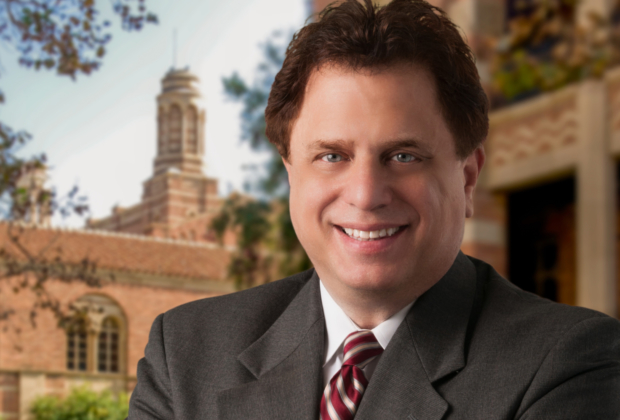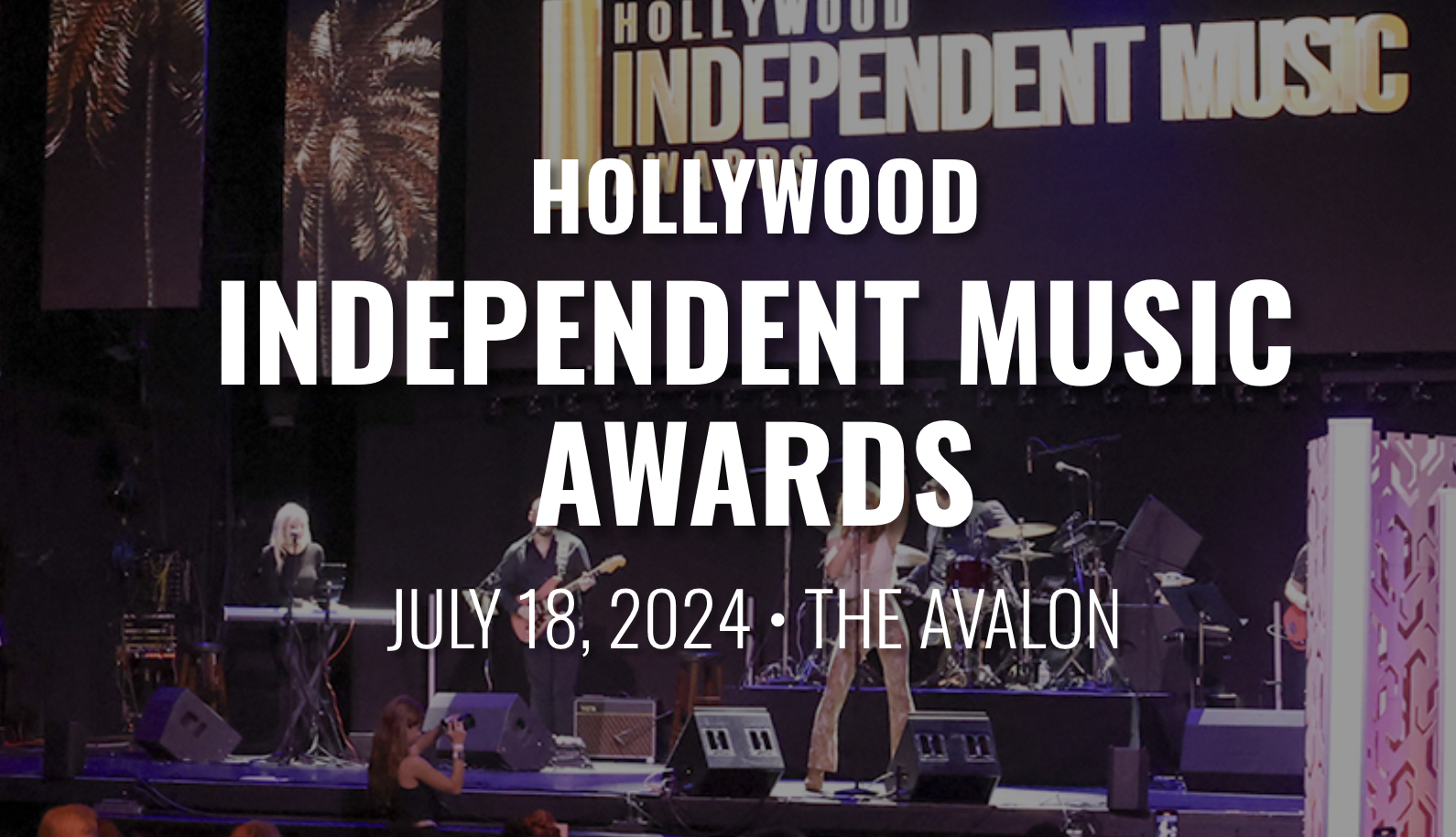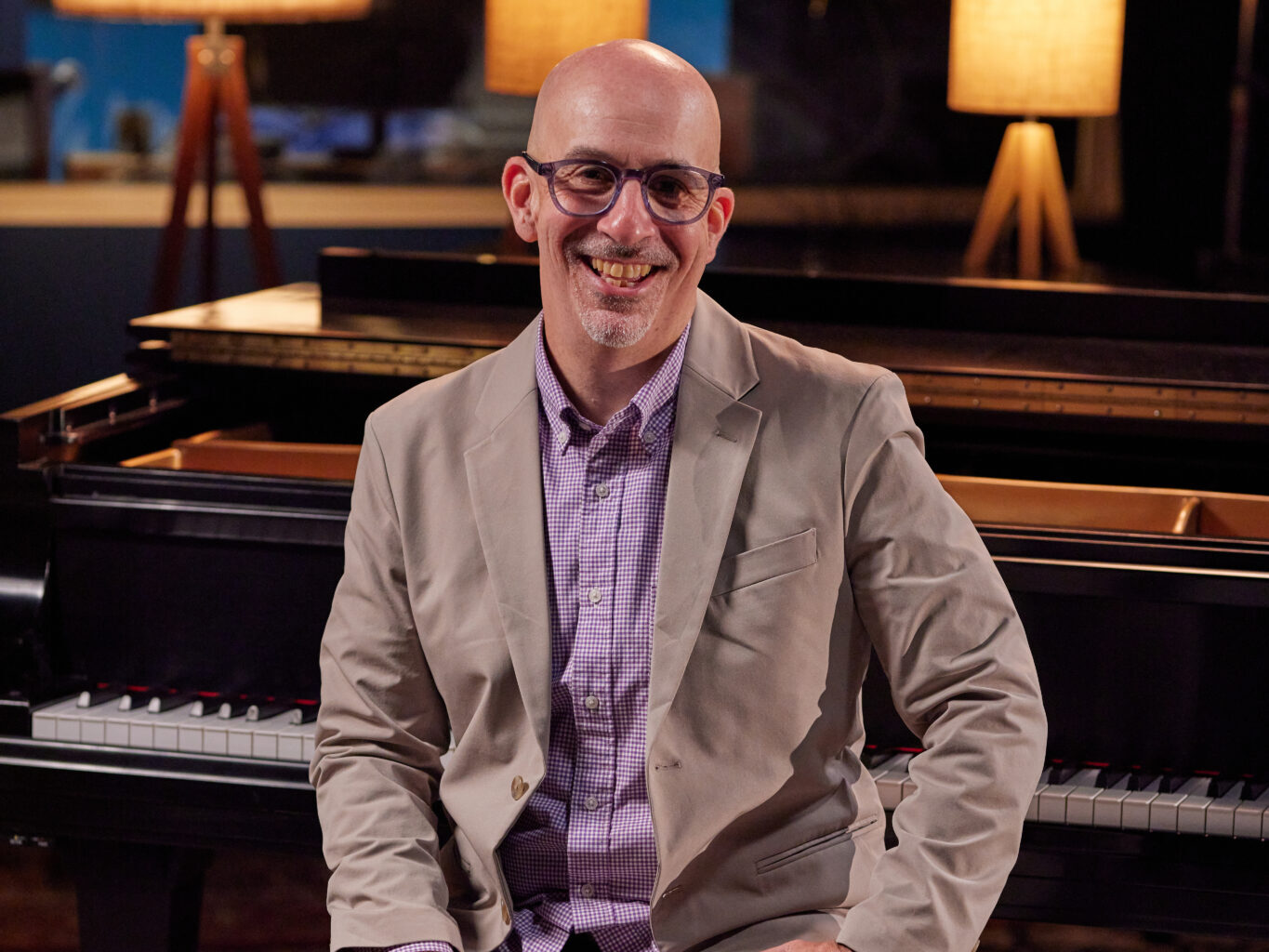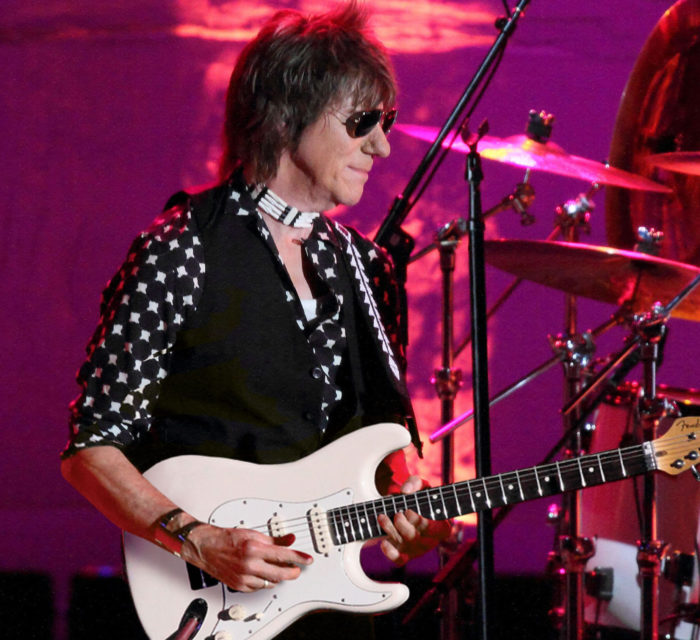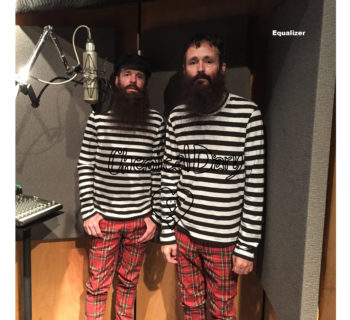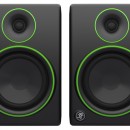On January 10, 2024, a group of bipartisan members of the U.S. House of Representatives announced they are considering a new Artificial Intelligence (“A.I.”) bill that will address this issue affecting artists. It is called the No Artificial Intelligence Fake Replicas and Unauthorized Duplication Act (“No A.I. FRAUD Act”).
The No A.I. FRAUD Act is based on the Senate considering (last October) a draft of a similar act called the Nurture Originals, Foster Art, and Keep Entertainment Safe Act (“NO FAKES” Act)
The No A.I. FRAUD Act’s purpose is to protect people’s voice and images from A.I. replicas. They state that it targets “abusive A.I. deepfakes, voice clones, and exploitive digital human impersonations.” But what are Deepfakes? According to the Merriam-Webster dictionary, a deepfake is “An image or recording altered and manipulated to misrepresent someone as doing or saying something that was not done or said.” Often Deepfakes are done with bad intentions, and they can distribute false information.
The Act would establish a new federal “right of publicity” which means it will protect against using someone’s voice, likeness, or other personal characteristics without permission. Approximately half of the states (like California and New York) already have a state law right of publicity.
The Chairman and CEO of the Recording Industry Association of America, Mitch Glazier, stated, “The No A.I. FRAUD Act is a meaningful step towards building a safe, responsible, and ethical A.I. ecosystem, and the RIAA applauds Representatives Salazar, Dean, Moran, Morelle, and Wittman for leading in this important area. To be clear, we embrace the use of A.I. to offer artists and fans new creative tools to support human creativity. But putting in place guardrails like the NO A.I. FRAUD Act is a necessary step to protect individual rights, preserve and promote the creative arts, and ensure the integrity and trustworthiness of generative A.I.. As decades of innovation have shown, when Congress (billboard. com/t.comgress/) establishes strong IP rights that foster market-led solutions, it results in both driving innovation and supporting human expression and partnerships that create American culture.”
While A.I. can be used in positive ways, such as enhancing streaming service and using certain techniques, it has also been used maliciously. Unauthorized imitations of artist’s voices have been spreading fast over the last few years on the internet with no penalties. According to Michael Huppe, President and CEO of SoundExchange, “Every day, music artists are being exploited as their creative works are harvested, manipulated, and repackaged without consent, credit, or compensation. The No A.I. FRAUD Act will create a federal property right for likeness and voice while providing real penalties for companies and individuals who attempt to steal and profit off of the intellectual property of music creators.”

